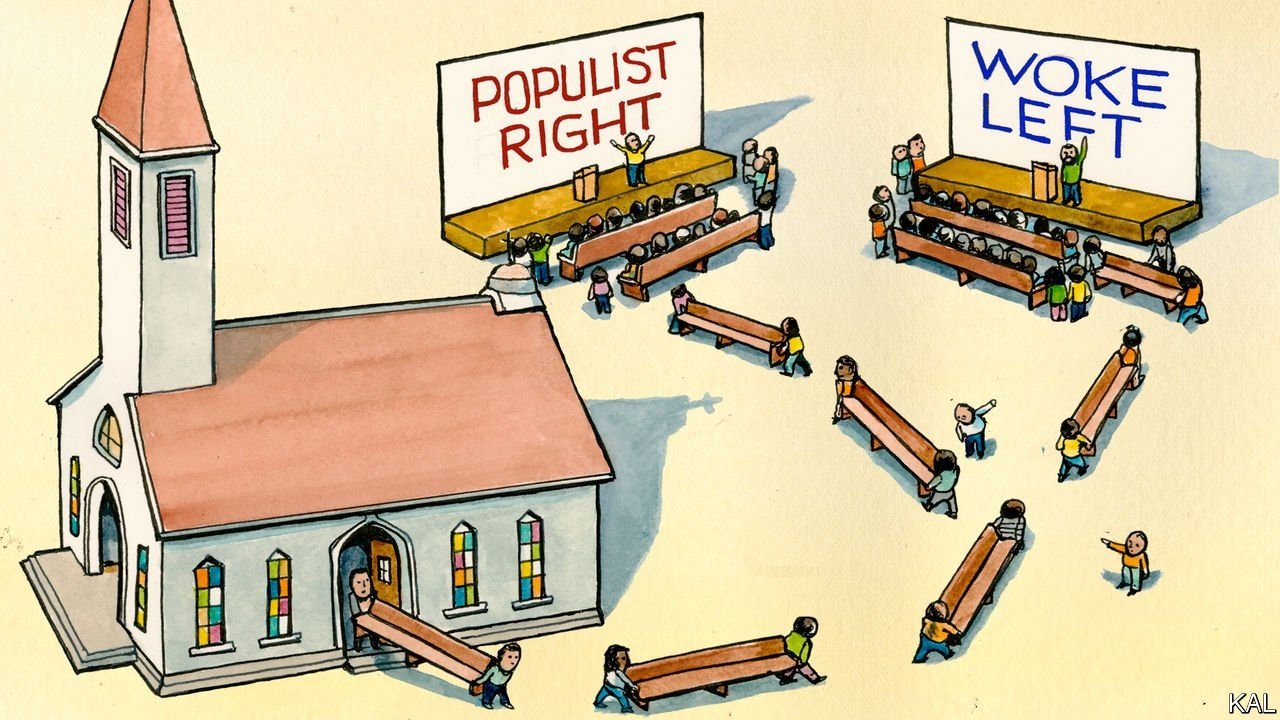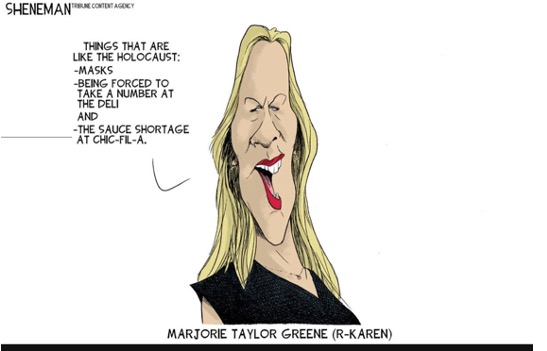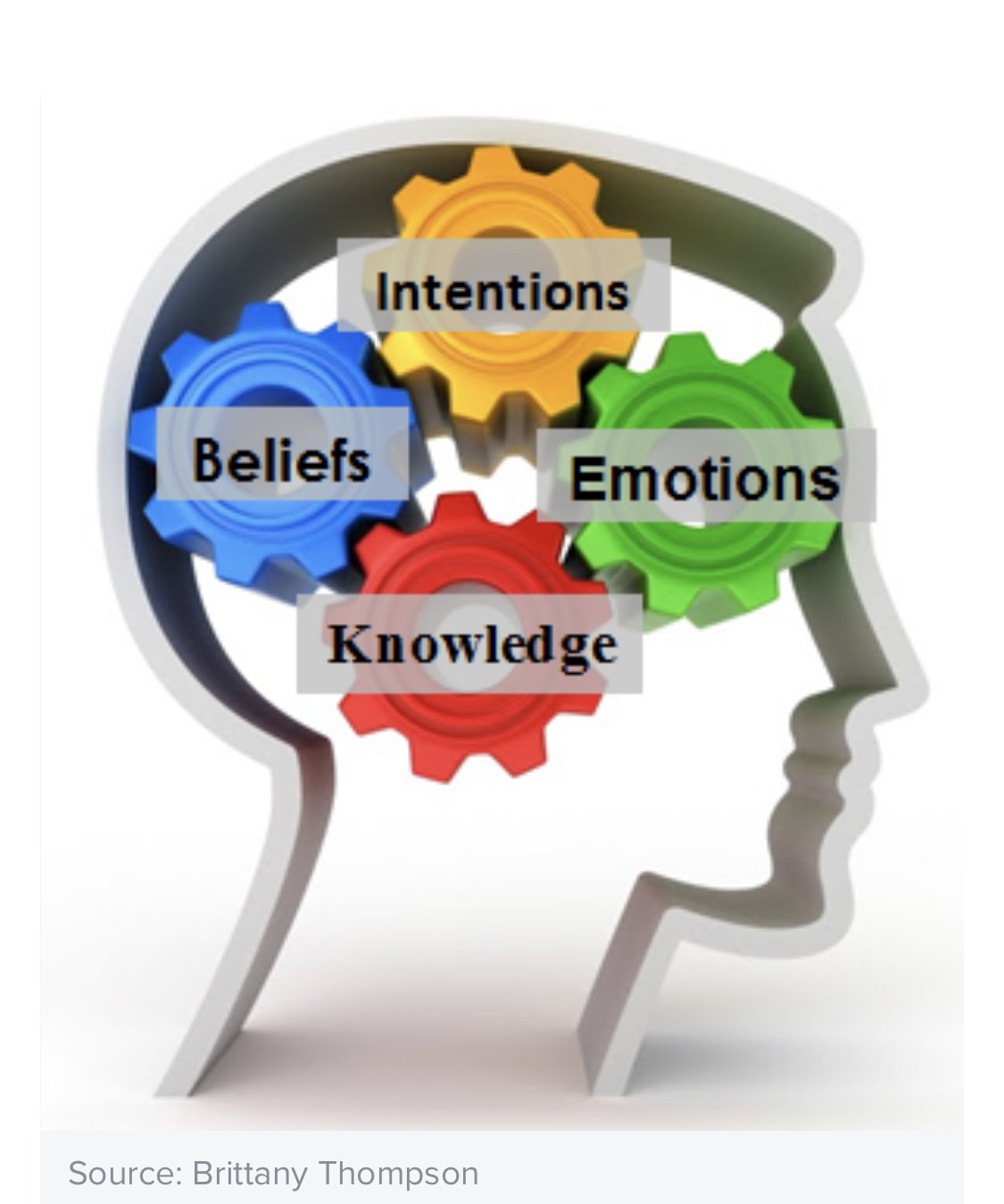In
Part 1, we defined Critical Race Theory (CRT), a secular academic theory, which is used to refute people of color’s experiences within many Evangelical Churches.
In
Part 2, we went to the balcony to review the tenents of fellowship within a faith community which is the locus for change and transformation in society.
Today, in Part 3, we put the eight preached CRT assumptions to the Universalism of the Gospel test.
As a reminder, God created and gave humankind the gift of free will — the gift of choice.
Our beliefs determine how we label people and situations. Labels most always are the opposite of reality, serve to cement certain beliefs and dictate how we (and our community) choose to engage or disengage with people. The result obscures and distracts from a serious critique about the division currently splitting American society.
Theology sets in the mind of people a particular psychological view of life. In other words, how you see God determines how you see people. In Matthew 12:34, Jesus teaches, what we say is a reflection of what’s inside us.
As we discuss each assumption, we will step back to see how the Bible views these assumptions.
Assumption 1 – CRT is at the center of addressing this culture’s racial issues in the church.
The central problem is the Imago Dei. Seeing people as God sees them. Not respecting a person’s values, selfhood, ideas, experience, and expertise. Then, challenging or dismissing their lived experiences within your faith community. True inclusion requires that you truly see a person and respect them enough to make room for all the good they have to give.
Assumption 2 – People of color are the poor, widow, foreigner, deaf, marginalized, and blind spoken of in the Bible, and we do acts of service for them.
This assumption automatically sets up a class-based “us” versus “them” mindset of superiority. The categories mentioned are not limited to People of Color. Many believe prosperity is a sign of favor from God. But in the Bible, wealth is no indication of God’s favor. Neither is poverty an indication of God’s punishment. “God makes his sun rise on the evil and on the good and sends rain on the righteous and on the unrighteous” (Matthew 5:45).
Assumption 3 – The Love taught in the Bible is demonstrated by small “acts of service” (McDonald’s gift certificates, mission trip overseas, feed the hungry, etc.)
In this view, Christian love is primarily a charitable condescension. Love given without personal self-sacrifice and Christ-centered otherness is antithetical to Scripture. Sacrificial love is what we celebrated on Good Friday in Jesus’s death on the cross; emphasizing both the degree and manner in which God expressed the greatness of love.
Assumption 4 – Opportunity exists for everyone who wants it. People of color are not taking full advantage and are trying to take what we have.
This scarcity mentality assumes life is a zero-sum game and focuses on materialistic stuff rather than on relationships. People don’t want your stuff; they want the opportunity to provide for their families. Access to capital, opportunities, jobs, contracts, promotions, etc., tend to go to those one feels “remind them of themself.” Those decisions have always produced skewed outcomes. But God instructs us “treat the stranger as a native among you. . .” (Lev. 19:33-34)
Assumption 5 – If you doubt or disagree with what a Person of Color says, your racist.
Both sides suffer from misperceptions about motives. Feelings of defensiveness are common responses, but ultimately, they’re counterproductive. Different lived experiences led to very different understandings of life.
One side thinks you shouldn’t be tagged as racist unless you subscribe to racial supremacist doctrine and are part of some conspiracy to keep people of color down; otherwise, it is making a virtue of victimhood. The other side, who feel if you disregard, dismiss, or demean their experience, you are engaging in amoral, narcissistic manipulative display of racist attitudes.
The more we spend time with each other in spaces we normally don’t (backyard barbeque, Church small groups, home gatherings), the better we can see none of us is a monolith, and we likely have more compassion, and in common, than we thought. Engage, as Jesus did, in the practice of presence.
Assumption 6 – I’m really sick of Cancel Culture, they want to rewrite our history as if something is wrong with it.
The label “Cancel Culture” serves mostly to gesture away from what actually happened in a given scenario. Usually, a normal, benign or unexceptional event that did not break in favor of conservative interests and toward a generalized sense of what is viewed as a right-wing grievance. Canceling has spread as a term and phenomenon in the public consciousness mostly about issues of discrimination and racism. This argument is akin to declaring an epidemic of people having opinions.
When you love like Christ does, you release your fears of others in the congregation instead of doing what is being complained about, canceling them. One could say that Saul sought to “cancel” David when he called upon his son and servants to kill his perceived rival (
1 Samuel 19:1).
Holding someone accountable for how they are treated in their house of worship isn’t cancel culture. There are too many people who haven’t acknowledged mistakes, reconciled for them, nor have they gone on to make amends. They are using the label “cancel culture” to shield them from accountability.
Assumption 7 – We rebut the notion that White privilege augments our lives. Perhaps you are being lifted by a race-based privilege but surely it is not I.
The two-word term packs a double whammy that inspires pushback. 1) The word white creates discomfort among those who are not used to being defined by race. And 2) the word privilege sounds like a word that doesn’t belong to those who have struggled. White privilege is not the suggestion that people have never struggled, or everything accomplished is unearned.
The best metaphoric description I have heard is that “privilege feels like people of color are trying to cut ahead in line, meaning America is now trying to cater to others before you. The line-cutting angers you, although you never question why you should occupy the first position. That implicit assumption — I should be tended to before all others encapsulate how privilege is viewed as natural, invisible, and a whites-on-top racial hierarchy.”
Assumption 8 – Juxtaposing Biblical Justice to Social Justice, Systemic Racism and being Oppressed.
Biblical references to the word “justice” mean “to make right.” Justice is, first and foremost, a relational term — people living in right relationship with God, one another, and the natural creation. Biblical Justice means loving our neighbor as we love ourselves and is rooted in God’s character and nature.
Biblical Justice is a penetrating analysis of using power unjustly to affect the human condition and stems from social, individual, environmental, and spiritual causes. The fear leading to the parsing of the experiential definitions is that if authority and power are given up, People of Color will use the power in the same ways as has been used on them. But the congregants of color understand an eye for an eye leaves everyone blind.
Biblical Justice is based on the character of God and gives us a model for changing how power is used in this world. As Christians, the building blocks of social justice lie in human dignity, human flourishing, and the sacredness of life. The source of justice is God’s perfect righteousness and radical love for all.
One writer explains the misrepresentations this way, “Just as I may consider myself a patriot, yet disagree with aspects of the Patriot Act, in the same respect we should be able to have objective conversations about specific policies or behaviors without chastising those raising concerns as though they broadly do not think lives of Black people matter.”
“God values perseverance in community more than visible success;
and faithfulness in calling more than felt comfort in community.”
If your instinct is telling you, it’s more comfortable to retreat or reassure yourself that you are correct, think instead, what actions can I take to surrender to God’s perspective instead of my own?
From the balcony, the solution, while challenging, can be accomplished. Jesus engaged in dialogue with people, others felt he shouldn’t, to demonstrate love. Think about what your Christian example of love might do to heal some of the fissures in America. We want to love God, live like Him, and demonstrate Him to a watching world.
In this case, we will work to arrive at solutions built on biblical virtues of contentment (Philippians 4:11–12), unity (John 17:21), and humility(Colossians 3:12).
Solutions that demonstrate a surrendered soul to the Will of God.
Would your connections benefit from this post?










